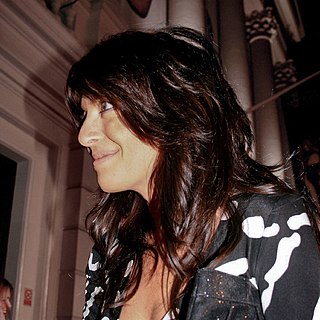A Quote by Marvin Ammori
Facebook refuses to let Google index or display content from its site. Facebook has partnered with Bing to make its results more social. Is Facebook acting to leverage its dominance in social towards a dominance in search?
Related Quotes
All sorts of factors contribute to what Facebook or Twitter present in a feed, or what Google or Bing show us in search results. Our expectation is that those intermediaries will provide open conduits to others' content and that the variables in their processes just help yield the information we find most relevant.
Facebook has never been merely a social platform. Rather, it exploits our social interactions the way a Tupperware party does. Facebook does not exist to help us make friends, but to turn our network of connections, brand preferences and activities over time - our 'social graphs' - into money for others.
We could not have launched Causes without Facebook Platform, providing real identity and real friends. Facebook Platform was created so that experiences that are inherently social in our off-line lives could be brought online as an authentic expression of who we are; Facebook did this best in revolutionizing photo sharing.



































